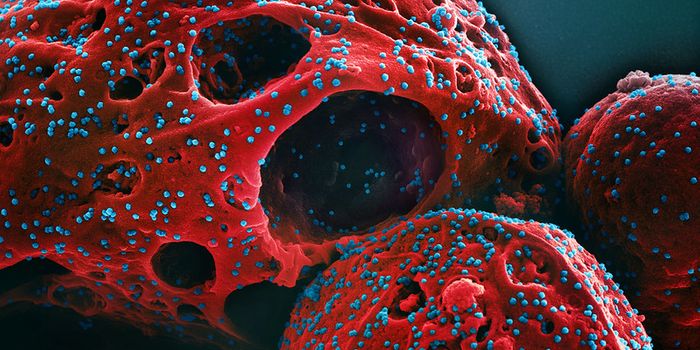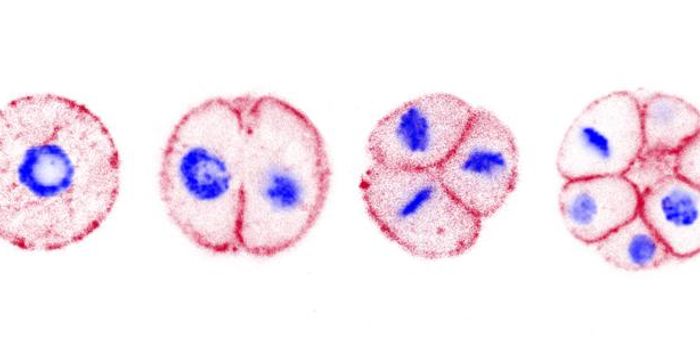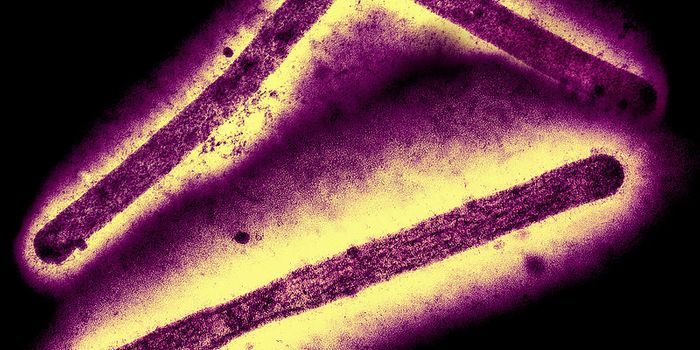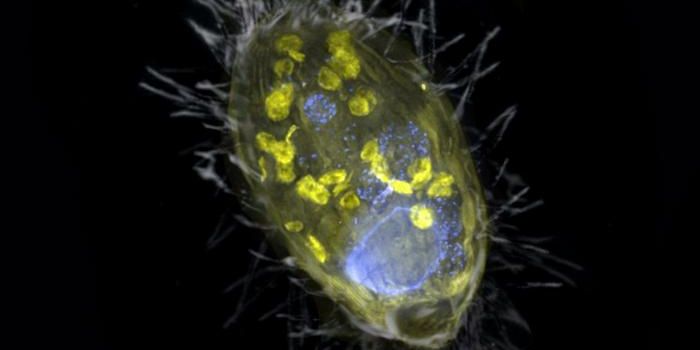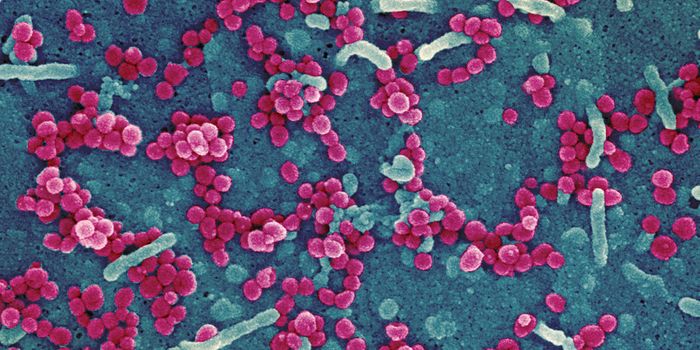Recognizing the Importance of SARS-CoV-2 'Accessory' Genes
The genome of the virus that causes COVID-19, SARS-CoV-2, is very small. But it encodes for more than just the spike, the protein it uses to enter cells. Now researchers are learning more about how various SARS-CoV-2 genes can affect the severity of a COVID-19 infection. This work has suggested that some of those viral genes can influence human immunity, and how the body's immune system reacts to a COVID-19 infection. The findings have been reported in the Proceedings of the National Academy of Sciences (PNAS).
For good reason, a lot of research work has focused on the SARS-CoV-2 spike protein and how it's mutated in new variants; the spike protein is essential to the infection process. For example, there are spike protein mutations in the new, highly infections Omicron BA.4 and BA.5 variants. But researchers have noted that other, accessory genes are influencing disease progression, and should be examined. The accessory genes could also be mutated in new variants, and may change the course of infection and the spread of disease.
"What is interesting is that both BA.4 and BA.5 variants have the same genetic sequence for the spike protein," noted Matthew Frieman, Ph.D., a Professor at the University of Maryland School of Medicine. "This means it's the other genes, the non-spike protein genes, that seem to affect the way the virus copies itself and causes disease." The mutations in accessory genes have enabled variants to outcompete other versions, he added.
There are three kinds of genes in the SARS-CoV-2 viral genome; one type is related to making more viral particles, another is crucial to the structure of the virus, and the final group is a catch-all, and includes accessory genes with other functions.
In this study, the researchers engineered new versions of SARS-CoV-2, each lacked one of the four accessory genes. Using a mouse model, the researchers assessed how the loss of each gene impacted the infection compared to an unaltered virus.
The researchers determined that if a gene referred to as ORF3a/b was lost, COVID-19 infections got milder; infected mice didn't lose as much weight and carried lower virus levels in their lungs compared to control mice infected with the original SARS-CoV-2 strain. Therefore, ORF3a/b could be affecting the number of viral particles that are made, potentially through replication or maybe by interfering with immunity.
When the ORF8 gene was lost, however, the mice got sicker than control mice infected with the original SARS-CoV-2; inflammation in their lungs was exacerbated compared to controls. ORF8 might be controlling the immune response in the lungs, the researchers suggested.
"By inhibiting the immune response, ORF8 helps the virus to replicate more in the lungs which worsens infection. When removed, it allowed the immune system to fight back harder," Frieman explained.
The researchers want to learn more about how changes in accessory genes will influence COVID-19 infections, especially since new variants will likely continue to emerge. Some accessory genes could have a "starring role" in future variants, noted Frieman.
Sources: University of Maryland School of Medicine, Proceedings of the National Academy of Sciences


